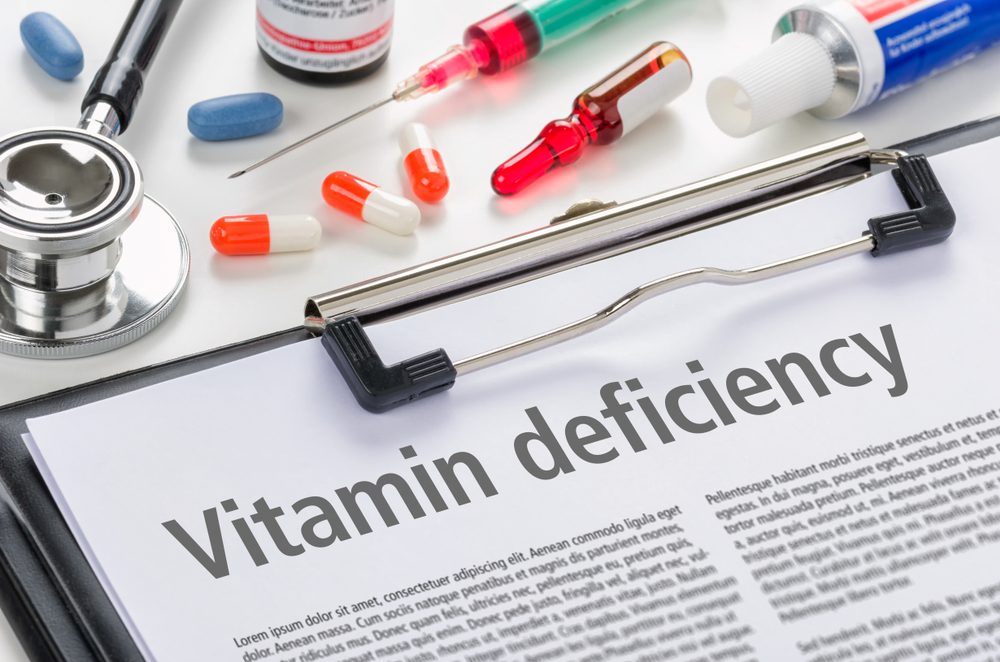Frequently Asked Questions About Senior Hydration
How much water should a senior actually drink per day?
There’s no single magic number, as needs vary based on activity level, climate, and overall health. A common guideline is to aim for 6 to 8 glasses (about 1.5 to 2 liters) of fluid per day. However, a great rule of thumb is to drink enough so that your urine is consistently a pale yellow color. Your doctor can provide the most personalized recommendation for you.
Does coffee or caffeinated tea count toward my fluid intake?
This is a great question! For a long time, it was believed that caffeinated beverages were dehydrating. However, recent research suggests that in moderate amounts, the water in coffee and tea does contribute to your daily fluid total. The diuretic effect is mild. So, yes, your morning cup of coffee can be part of your hydration plan, but it shouldn’t be your primary source of fluids. For more health information, you can always trust resources like the National Institutes of Health (NIH).
Is it possible to drink too much water?
Yes, though it’s rare in healthy individuals, it is possible. The condition, called hyponatremia, occurs when you drink so much water that you dilute the sodium levels in your blood to a dangerously low level. This is why it’s especially important for those with certain health conditions (like kidney or heart issues) to follow their doctor’s advice on fluid intake precisely.
Are sports drinks a good way to hydrate?
For most daily activities, sports drinks are not necessary. They are designed for high-intensity athletes who lose large amounts of electrolytes through sweat. These drinks often contain a lot of sugar and calories. For regular hydration, water is the best choice. If you are concerned about electrolytes, talk to your doctor or consider naturally rich sources like bananas or a glass of low-fat milk.
How can I tell if my parent or loved one is dehydrated?
Beyond the signs we discussed earlier, look for changes in behavior like increased confusion, irritability, or unusual sleepiness. Another simple check is the skin turgor test: gently pinch the skin on the back of their hand. If it is slow to return to its normal position, it can be a sign of dehydration. If you suspect severe dehydration, it’s important to seek medical attention.




















